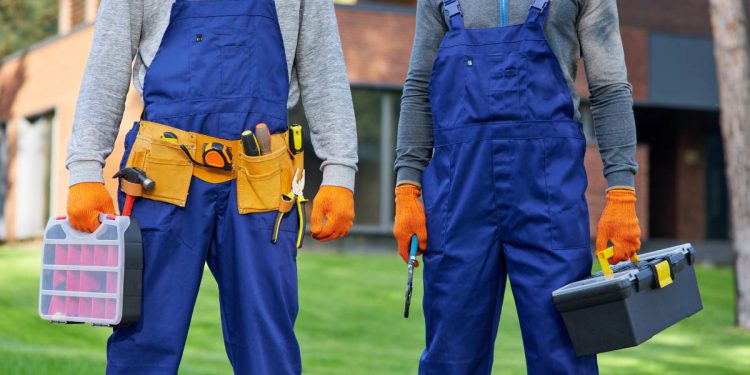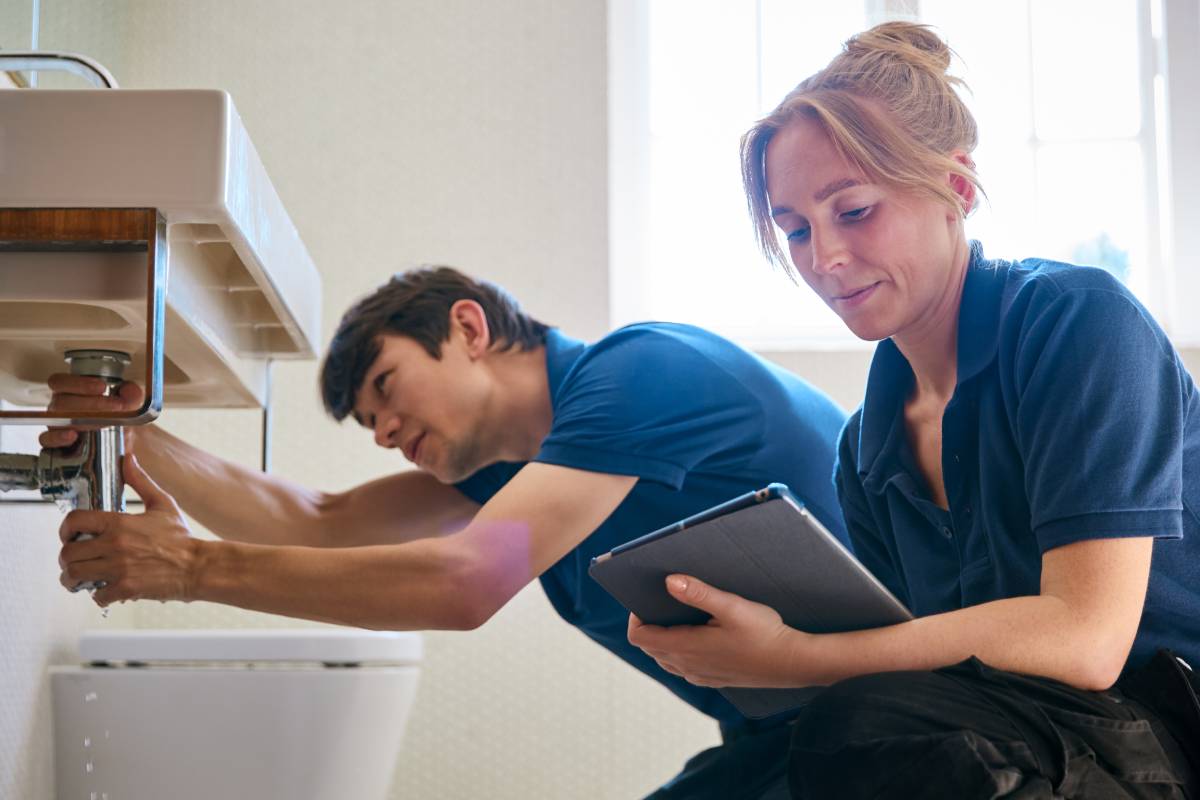When considering hiring a plumber or even entering the profession, understanding the typical charges and salary ranges can provide valuable insights. Plumbers are indispensable for residential, commercial, and industrial properties, as they ensure that water and sewage systems function properly.
But how much do plumbers charge per hour, and which types of plumbers earn the highest salaries? Let’s dive into these questions.
Typical Hourly Rates for Plumbers
The hourly rate a plumber charges can vary widely based on factors such as location, experience, specialization, and the nature of the job. Below is a breakdown of the factors influencing plumber fees:
Geographic Location
Location plays a significant role in determining hourly rates. For instance:
- Australia: Most plumbers in Australia charge between AUD $80 and $150 per hour, with rates tending to be higher in metropolitan areas such as Sydney and Melbourne.
- United States: The average hourly rate is typically USD $45 to $200, depending on the region.
- United Kingdom: Plumbers generally charge between £40 and £120 per hour.
Experience and Qualifications
- Apprentices or junior plumbers may charge lower rates, ranging from AUD $40 to $60 per hour.
- Licensed and experienced plumbers often charge higher rates, reflecting their expertise and ability to handle complex jobs.
Job Complexity
- Basic repairs, such as fixing leaks or unclogging drains, typically cost less, with hourly rates on the lower end of the spectrum.
- Specialized services, like gas line installations or advanced sewer line repairs, demand higher fees.
Emergency Services
Emergency plumbing services, especially those provided outside regular business hours, can cost up to double the standard hourly rate. For example, an emergency call-out in Australia might cost AUD $200 to $300 per hour.
Additional Fees
Some plumbers may include call-out fees, which range between AUD $50 and $150, or charge for materials separately. Others bundle these costs into their hourly rate.
Factors That Influence Plumbers’ Earnings
Plumbing can be a lucrative trade, but earnings depend on various factors:
Specialization
Certain specializations within plumbing offer higher earning potential. Examples include:
- Gas Plumbers: Professionals who install and repair gas lines earn more due to the higher risks and specific certifications required.
- Pipefitters and Steamfitters: These plumbers work on industrial systems and typically command higher wages than residential plumbers.
- Green Plumbing Specialists: With the increasing focus on sustainability, plumbers specializing in water-saving systems and eco-friendly installations are in high demand.
Employment Type
- Self-Employed Plumbers: Running your own business allows you to set higher rates, but also involves managing operational costs.
- Unionized Plumbers: Union plumbers often have standardized, higher pay rates and access to benefits.
Experience Level
Highly experienced plumbers or those with extensive certifications can negotiate better rates. In some cases, master plumbers earn twice as much as their less experienced counterparts.
Geographic Trends
In regions with booming construction industries or ageing infrastructure, plumbers often experience greater demand, leading to higher earnings.
Average Salaries for Plumbers
Australia
The average annual salary for a plumber in Australia is AUD $75,000 to $85,000. Specializations like gas plumbing or work in remote areas (e.g., mining sectors) can boost salaries to over AUD $120,000 per year.
United States
The median annual wage for plumbers in the U.S. is approximately USD $59,880, according to the Bureau of Labor Statistics. However, unionized or specialized plumbers in large cities can earn upwards of USD $100,000 annually.
United Kingdom
Plumbers in the UK earn an average of £30,000 to £40,000 annually, with higher rates for those working in London or specializing in advanced systems.
High-Earning Plumbing Specialties
Certain plumbing roles stand out as particularly lucrative:
Industrial Plumbers
Industrial plumbers work in factories, power plants, and large-scale facilities. They manage complex systems like boilers, high-capacity pipelines, and water treatment systems. Their expertise often commands a premium, with salaries ranging between AUD $90,000 and $150,000 annually in Australia.
Gas Plumbers
As mentioned earlier, gas plumbers are highly specialized and typically earn higher wages due to the certification and risk involved. In Australia, their salaries can exceed AUD $120,000 per year.
Master Plumbers
Achieving the title of master plumber requires years of experience, training, and certification. These professionals can handle complex installations, manage large teams, and work as consultants. They often earn 20% to 40% more than regular plumbers.
Plumbing Contractors
Contractors who own their businesses have the potential for significantly higher incomes, often earning over AUD $150,000 per year if they successfully scale their operations.
Why Plumbers Earn Competitive Wages
Plumbers are well-compensated because their work is essential, technical, and often physically demanding. Key reasons include:
- Skill Demand: Plumbing requires a mix of technical knowledge, manual dexterity, and problem-solving skills.
- Regulatory Requirements: Many plumbing jobs require licensure and ongoing training to adhere to safety standards.
- Physical Risks: Plumbers often work in hazardous conditions, from dealing with biohazards to working in confined spaces.
- Economic Factors: A growing emphasis on sustainable infrastructure and increased construction activity boosts demand for skilled plumbers.
Tips for Hiring a Plumber
If you’re hiring a plumber, consider these tips to ensure value for money:
- Get Multiple Quotes: Obtain at least three quotes to compare rates and services.
- Check Licensing and Insurance: Verify that the plumber is licensed and insured to avoid potential liabilities.
- Ask for References: A reputable plumber should be able to provide references from past clients.
- Clarify Costs: Ensure transparency regarding hourly rates, material costs, and any additional fees.
- Prioritize Experience: Experienced plumbers may charge more, but they’re often more efficient and reliable.
Is Plumbing a Good Career Choice?
For those considering plumbing as a career, it’s worth noting the advantages:
- Job Security: Plumbing is an evergreen profession with consistent demand.
- Earning Potential: With the ability to specialize and the option to become self-employed, plumbers can achieve substantial incomes.
- Career Growth: From apprenticeships to becoming a master plumber, there are clear pathways for advancement.
- Global Opportunities: Plumbing skills are transferable across countries, making it an excellent choice for those seeking international work.
Conclusion
Plumbers’ hourly rates and salaries are influenced by various factors, including location, experience, and specialization. While most plumbers charge between AUD $80 and $150 per hour in Australia, those working in specialized or high-demand fields can earn significantly more.
For homeowners, understanding these rates helps in budgeting for plumbing services. For aspiring plumbers, the profession offers competitive pay, job security, and numerous pathways for career advancement.














